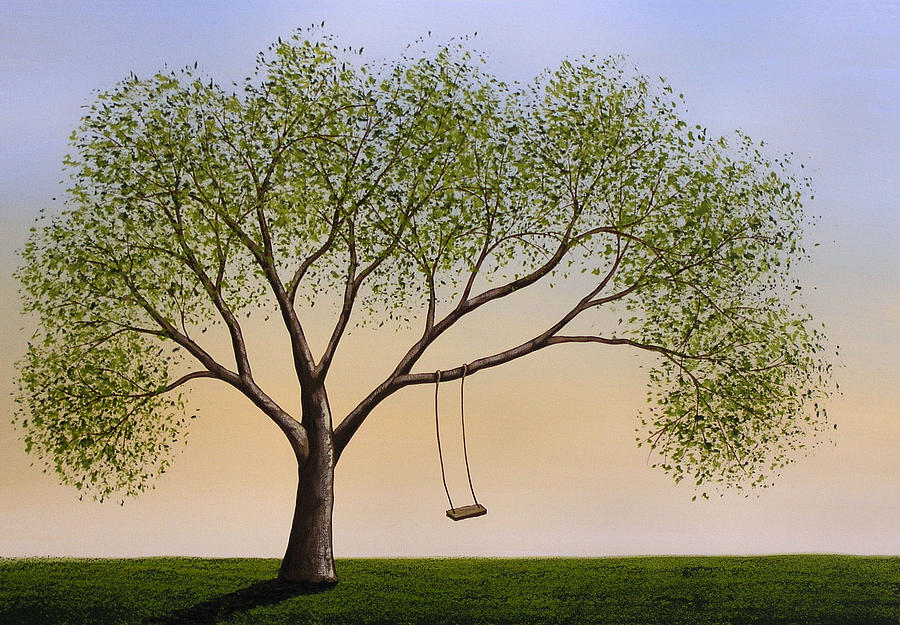Another Summer Slips
Away
For Dad 9/09
Drain the pool
Children on the corner dressed for school
Lots of yellow buses burning fossil fuel
And another summer slips away
One flower bends
As the morning frost descends
A great baseball season ends
As another summer slips away
Autumn pulls us closer
Into another winter season
Preparing for a freezin’
That’s bound to slow us down
All the while
One more mile
But a smaller pile
Raise your glass for another round
We all march in line
Some fall behind
We lost a few this time
You took mine
Days shorter
As the night takes over
We are held by divine order
And watch another summer slip away

End Of Summer --Amy Giacomelli
Summer is the hottest of the 4 temperate seasons, falling after spring and before autumn. From an astronomical view, the equinoxes and solstices are the middle of the respective seasons, but sometimes astronomical summer is defined as starting at the solstice, the time of maximal insolation when the days are longest and the nights are shortest; this is often identified with the 20th or 21st day of June in the norther hemisphere or of December in the southern. A variable seasonal lag means that the meteorological center of the season, which is based on average temperature patterns, occurs several weeks later, and where a seasonal lag of half a season or more is common, as in North America, reckoning based on astronomical markers is shifted half a season. According to the meteorological convention, all seasons are arbitrarily set to start at the beginning of a calendar month and end at the end of a month, so summer comprises June, July, and August in the north and December, January, and February in the south. The meteorological reckoning is used in Australia, Austria, Denmark, Russia, and Japan and by many people in the United Kingdom. (In Ireland, the summer months are June, July, and August according to Met Éireann, the national meteorological service, but according to the Irish Calendar (the Julian calendar as it was in use in Ireland, but also incorporating Irish cultural festivals and views of the division of the seasons, inherited from earlier Celtic calendar traditions), summer ("Samhradh") begins on 1 May (Bealtaine), rather than the meteorological definition of 1 June, and ends on 1 August(Lúnasa). Because the temperature lag is shorter in the oceanic temperate southern hemisphere, most countries in this region use the meteorological definition, with summer starting on 1 December and ending on the last day of February. In Chinese astronomy, summer starts around 5 May, with the jiéqì (solar term) known as lìxià ("establishment of summer") and ends around 6 August. In southern and southeast Asia, where the monsoon occurs, summer is more generally defined as lasting from March through June, the warmest time of the year, ending with the onset of the monsoon rains. If reckoned by cultural festivals, summer in the United States is traditionally regarded as beginning on Memorial Day (the last Monday in May) and ending on Labor Day (the first Monday in September), while in Canada it starts one week earlier, on Victoria Day (Fête de la Reine, or "Celebration of the Queen"), the last Monday before 25 May, and ends on Labour Day (also the first Monday in September).
ReplyDelete